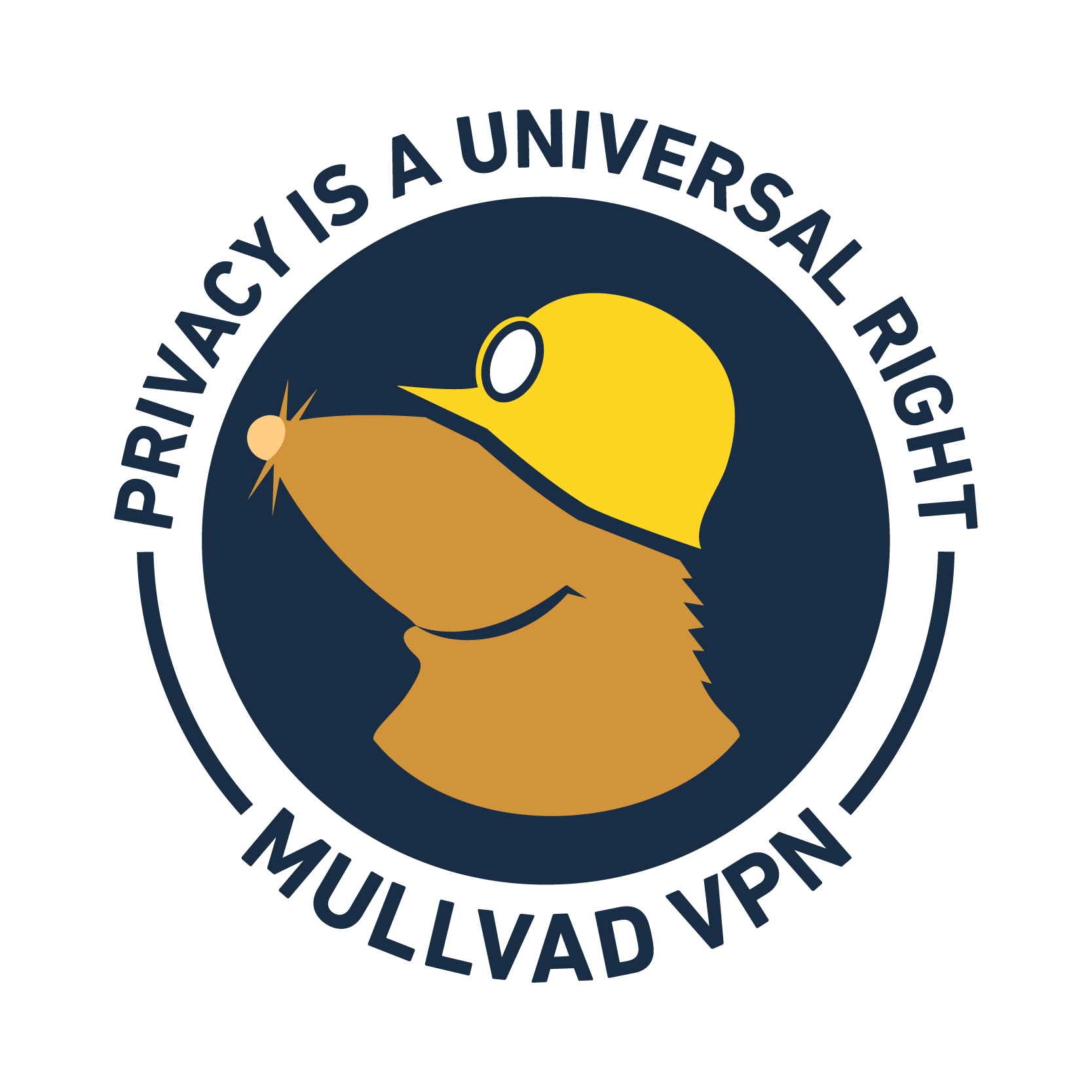Not particularly pleased about the decision when OpenVPN is the most supported protocol.
Meanwhile their competitor IVPN even does IPsec.
I assume this is because, in addition to the missing ciphers as referenced in the linked article, OpenVPN, even though it uses TLS, it initially uses a very identifiable handshake before initiating TLS, which is not hard to block. I have personally had problems specifically with OpenVPN being targeted/blocked in this way.
And I specifically had luck with OpenVPN TCP on port 443 on network which DPI-blocked Wireguard.
Yea every network may do things differently… in my case tcp/443 openvpn is blocked at several places that I frequent.
Wireguard is not Sensorship and DPI resilient at all, it relies solely on UDP. They state it on their official website that it’s not their priority at all
But why disable it for the people who can use it? Unless there’s a security implication to the handshake?
First port-forward and now this I mean I get it but being versatile is more important in a VPN for me so no more Mullvad for me. I’ll be moving to either windscribe or AirVPN
Hide.me is decent. Last i read Azire is solid too.
windscribe goes on sale a few time in the year. You can get it for 29$ a year which is a great price and for 20$ more you have static IP and permanent port-forwarding. It’s a great deal for a trustworthy and feature rich VPN in my opinion
AirVPN also really good. Plus they have static port forwarding. And very easy flipping of OpenVPN to wireguard
Only downside is it’s based in Italy, the government of which has been somewhat hostile to privacy as of late. Still, AirVPN itself has been a longtime supporter of privacy and projects like Tor.
I find when using Mullvad a lot of sites are blocked vs other VPNs. Are all their IPs on a blacklist somewhere?
Yes, that was the technique used by interpol to get mullvad to comply with a csam investigation. The terms were ”give us user information or drop port forwarding unless you wanna remain on a global blacklist” and mullvad chose to drop port forwarding.
And remained on a blacklist anyway.
Not in the slightest. Web accessibility using mullvad before and since has tracked the ongoing trend of websites blocking vpn services and almost all their endpoint ips have rolled over since then.
In my own experience, sites that weren’t blocking mullvad before and were blocking during the csam investigation aren’t blocking now. That’s because the blocking was mostly happening at the cdn level.
They didn’t remain on the blocklist but the web is becoming hostile to vpn ips. One way around this is by using a web proxy defined in your browsers settings.
anyone know alternative VPNs that also include http or socks proxies?
deleted by creator






